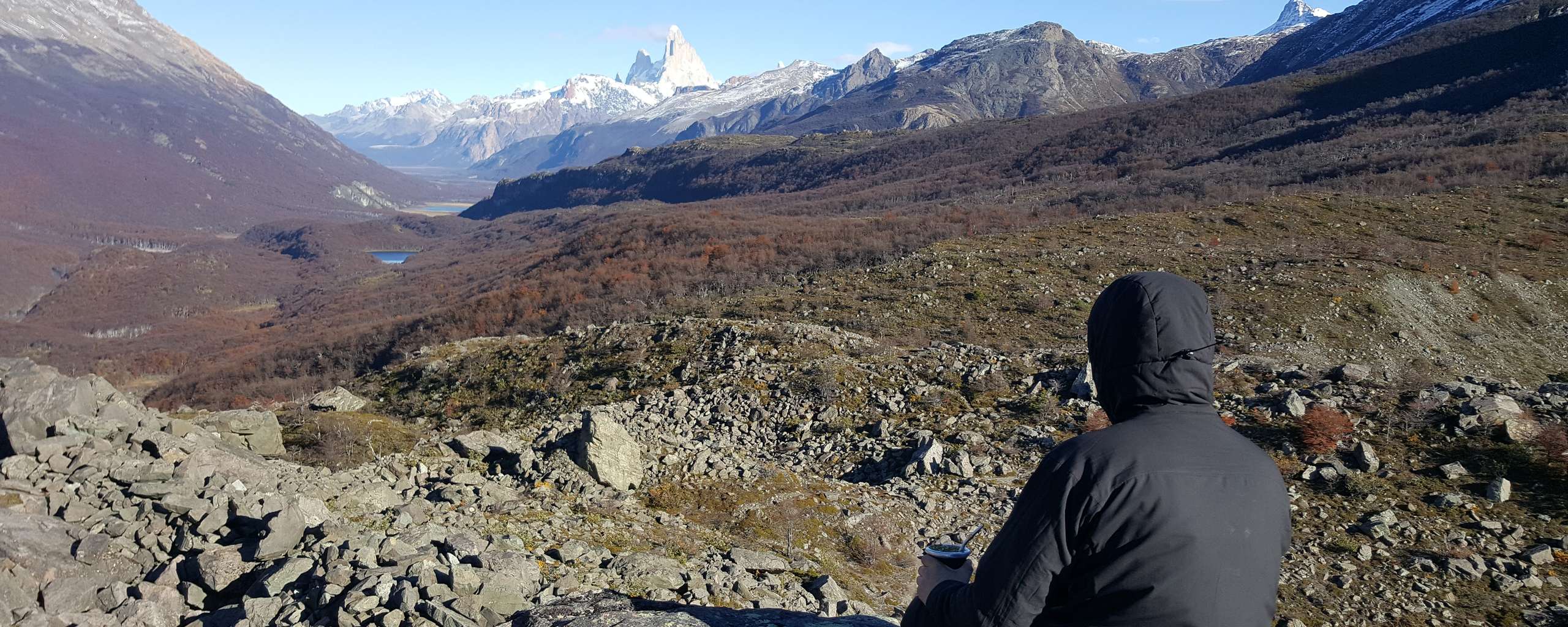The first actual multi day hike I've done was the O-Circuit in the Torres del Paine National Park. It lasted 9 days and my hiking companion and I packed some very luxurious food. When we'd cook our dinners at the camps in the evenings, every now and then some of the other hikers would watch in wonder about what meal we would have that particular night. Most of them had just packed essentials to keep the weight of their backpacks low. Most of them were also way more experienced (and maybe a bit smarter) than us. Our backpacks were heavy as heck. Lots of the weight coming from the kind of food we had packed.
But before we start diving into the topic of food on hikes, some important notes in advance. I live by a plant based diet. Consequently, all my food ideas are also plant based. While I personally recommend this for a whole list of reasons, I also want to make very clear that I'm not a specialist.
If you have any medical conditions, especially digestive conditions, consult a doctor and/or dietitian/nutritionist before introducing any new or unknown foods or food groups to your diet.
Generally when using the word diet I mean a long term habitual food intake rather than a temporary one.
I very much agree with Simon Hill's, author of The Proof is in the Plants, statement with regard to diet:
But this modern definition is actually far removed from its ancient Greek origins, when díaita was used to describe 'a manner of living'. Rather than being a short-term change to food intake in order to lose fat or 'detoxify' the body, it described the habitual foods that people from certain regions ate - for example, the Mediterranean diet or the vegetarian diet. (Simon Hill, The Proof is in the Plants, 2021, p. 14)
So, once again: I'm not a doctor, not a dietitian, not a nutritionist. Following I will share recommendations solely based on personal or anecdotal experiences and knowledge I acquired through reading several different resources.




